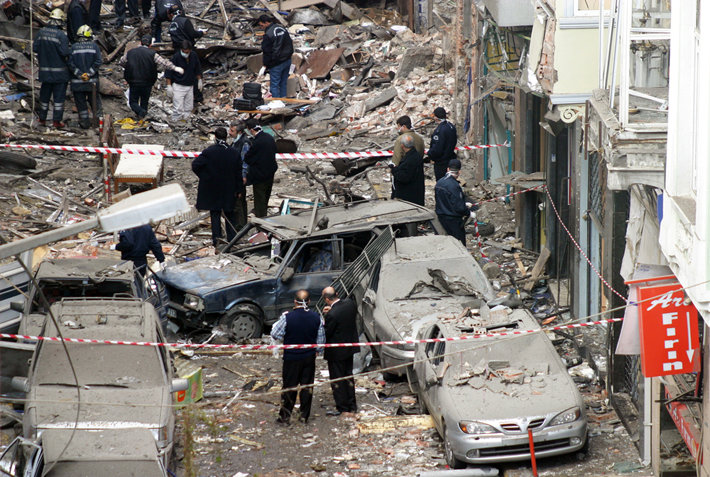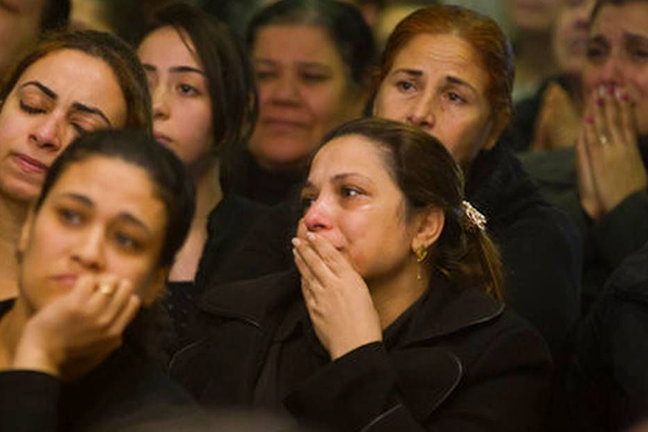An article by Human Rights Without Frontiers Director Willy Fautré points out that conflicts and casualties among disparate branches of Muslim theology are far more pernicious in Muslim-majority nations than in non-Muslim nations.

Fautré states that while no global statistics are available on the number of fatalities from hostilities stemming from theological disputes and struggles for power among various violent Islamist groups, according to a 2011 report from the U.S. National Counterterrorism Center (NCTC), Muslims suffered between 82 and 97 percent of terrorist-related fatalities during the previous five years.
“Terrorist and jihadist groups such as ISIS, Al-Qaeda, the Taliban, al-Shaabab and Boko Haram have killed and continue to kill dozens of Muslims every day,” writes Fautré. “Their goal is to impose a totalitarian form of governance inspired by their vision and interpretation of Islam.”
According to the National Counterterrorism Center Country Reports on Terrorism 2011:
- In cases where the religious affiliation of terrorism casualties could be determined, Muslims suffered between 82 and 97 percent of terrorism-related fatalities over the past five years.
- Muslim majority countries bore the greatest number of attacks involving 10 or more deaths, with Afghanistan sustaining the highest number (47), followed by Iraq (44), Pakistan (37), Somalia (28), and Nigeria (12).
- Afghans also suffered the largest number of fatalities overall with 3,245 deaths, followed by Iraqis (2,958), Pakistanis (2,038), Somalis (1,013), and Nigerians (590).
Fautré cites the Global Terrorism Database (GTD) at the University of Maryland which states that from 2004 to 2013, roughly half of all terrorist attacks and 60 percent of terrorist fatalities took place in Iraq, Afghanistan and Pakistan, all of them Muslim-majority nations.
“Sunni communities are oppressed in Iran, a Shia majority country,” he writes, “while the Sunni community in Bahrain oppresses the local Shia minority, and Saudi Arabia, a Wahhabi majority country, persecutes its Shia minority.
“When a state opts to recognize one form of Islam, dissidents and reformers may be deemed heretical and persecuted, as is the case in Saudi Arabia and Iran. Moreover, other currents of Islam (such as Sufis, Tablighi Jamaat and Said Nursi) may be banned, even though the groups are nonviolent and pose no problem to the security and the territorial integrity of the state. Their members may be arrested and imprisoned, as is the case in Azerbaijan, Russia, Tajikistan or Uzbekistan.”


